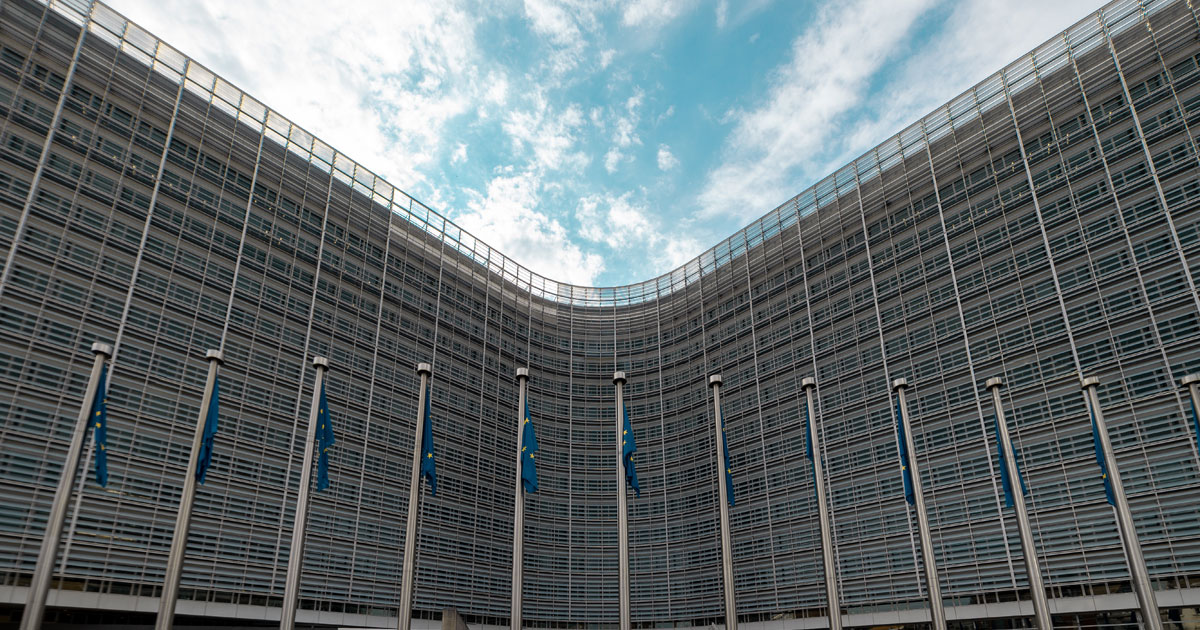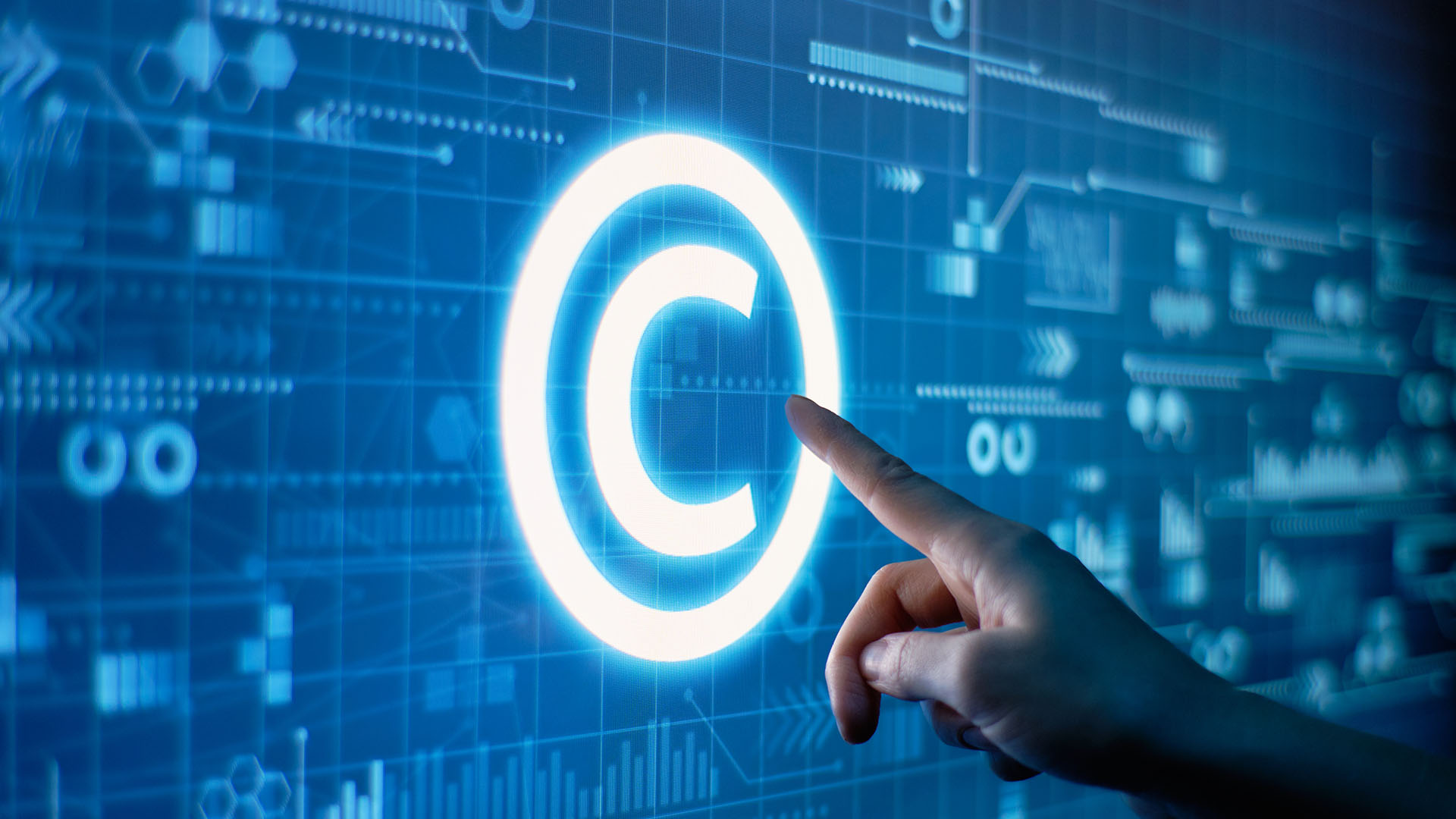The new draft proposal of European Commission regarding information exchange in dual distribution. How is Greek “price alignment” restrictions affected?
On 4 February 2022 the European Commission (“EC”) published its Draft New Section on Information Exchange in Dual Distribution. The EC’s new Proposal is intended to be included in the revised Vertical Guidelines that will replace the current Vertical Guidelines and accompany the Vertical Block Exemption Regulation (“VBER”). On the same day the EC published an expert report relating to the VBER review and launched a public consultation, which expired on 18 February 2022.
Under the current VBER (expiring on 31 May 2022), dual distribution relationships are block exempted.
The EC by its revised VBER and revised Vertical Guidelines in July 2021 proposed to extend dual distribution exception for wholesalers and importers. As regards the application of the safe harbour, the EC proposed:
- to narrow the current safe harbour to instances where the parties’ aggregated market share in the retail market does not exceed 10% [Art. 2.4 point (a) or (b)].
- to apply safe harbour on undertakings whose aggregated market share in the retail market does not exceed 30%, except for instances involving the exchange of information, which have to be assessed under the rules applicable to horizontal agreements (Art.2.5.).
- to exclude providers of online intermediation services (e.g. online platforms) from the benefit of the safe harbour (Art.2.7).
New guidance on information exchange in dual distribution
Following the feedback received from the public consultation on July 2021 EC’s Proposal, the 10% threshold drew significant criticism. Although still uncertain, it follows from the Draft New Section that the EC has retracted its July 2021 proposal regarding the limiting of the safe harbour. However, the new, additional requirement of information exchanges being “necessary to improve the production or distribution of the contract goods or services” in order to benefit from the safe harbour, although echoing “rule of reason” analysis, creates uncertainty as to which types of information can be safely exchanged between a supplier and its distributors. It should be noted that the EC did not publish a revised version of the VBER, however, it highlights that a provision on the application of block exemption regulation in relation to the additional requirement of the “necessity” of the information exchange will be included in the revised VBER. EC also clarifies that information exchange includes any communication of information by one party to the other, irrespective of the characteristics of the exchange. Consequently, a unilateral disclosure of information is presumed an “exchange of information”.
In order to shed light to any ambiguity in the requirements of the safe harbour on information exchanges the EC’s Draft new section includes the following examples of information exchange that do and do not benefit from the safe harbour:
A. Types of information exchanges that generally can be considered to benefit from the block exemption:
- Technical Information relating to registration, certification or handling, and information that enables the supplier or buyer to adapt the contract goods or services to the customer requirements.
- Information Relating to Supply of the contract goods or services, including information on production, inventory, stocks, sales volumes and returns.
- Aggregated information relating to customer purchases of the contract goods or services, customer preferences and customer feedback.
- Wholesale prices: Information relating to the prices at which the contract goods or services are sold by the supplier to the buyer
- Information relating to the supplier's recommended resale prices (RRPs) or maximum resale prices, provided that such information exchange is not used to restrict the buyer's ability to determine its sale price or to enforce a fixed or minimum sale price, and there is no information exchange relating to actual future downstream sale prices (other than as part of short-term price promotions)
- Information relating to the marketingof the contract goods or services
- Performance-related information, including aggregated information communicated by the supplier to the buyer relating to marketing and sales activities of other buyers of the contract goods/services (provided that this does not enable the buyer to identify the activities of particular competing buyers) and information relating to the volume or value of the buyer's sales of the contract goods or services relative to the buyer's sales of competing goods or services.
B. Types of information exchanges that generally do not benefit from the block exemption:
- Information relating to the actual future prices at which the supplier or buyer will sell the contract goods or services downstream
- Customer-specific sales data, including non-aggregated information on the value and volume of sales per customer
- The exchange of information relating to goods sold by a buyer under its own brand name with a manufacturer of competing branded goods, unless the manufacturer is also the producer of the own-brand goods
Information exchanges that do not benefit from the safe harbour need to be assessed under Article 101 TFEU taking into account the Horizontal Guidelines (currently under review). To reduce the risk of exchanging information that is not exempted by the VBER and thus raising horizontal concerns, companies can take precautions, such as exchanging only aggregated sales information, ensuring an appropriate delay between the generation of information and the exchange, or limiting access to information by using technical and administrative measures (e.g. firewalls).
“Price signaling” between competitors under the current Greek competition law framework
As discussed under the new guidance, the unilateral disclosure would be deemed an exchange of information. As advised in our Newsletter from January 27th, 2022, a recent amendment to the Greek Competition Act No. 3959/2011 renders unilateral price signaling, if it restricts effective competition in Greece and it is not a common commercial practice. Thus, unilateral price signaling” may now be considered a competition law violation, hence enabling the Hellenic Competition Commission (HCC) to impose penalties and fines.
Several factors will be taken into account to assess impact on competition, such as the degree of specificity and personalization of the information, whether the information relates to future activities etc. Exceptions are also provided for price signals to end consumers and announcements by small and medium undertakings.
Consequently, as regards exchange of information in dual distribution relationships and the horizontal concerns that may arise, it should be noted that under Greek competition law, an assessment under unilateral price signaling can be made on top of the assessment which will be conducted under article 1 of Law 3959/2011 and Art.101 TFEU.
Conclusion
The most impactful changes the Draft New Section of the EC and its proposal are bringing are (a) the non-application of the block exemption to the exchange of information between the supplier and the buyer that is not necessary to improve the production or distribution of the contract goods or services by the parties and (b) its guidance on which information exchanges in dual distribution can benefit or not by the block exemption regulation and which precautions could be taken to avoid raising horizontal concerns. Although the Draft New Section provides clear examples of what information can and cannot be exchanged safely between parties in dual distribution, the new test that EC adopts allows space for interpretation. We expect to see the feedback received from the public consultation on this arguably very intriguing topic and how this will affect the final revised Guidelines and VBER.
Athens, March 11, 2022
BALLAS, PELECANOS & ASSOCIATES L.P.C.,
10 Solonos Street, Kolonaki,
106 73 Athens, Greece.
www.ballas-pelecanos.com
This communication is provided as a service to our clients and friends and is for informational purposes only. It is not intended to create an attorney-client relationship or constitute an advertisement, a solicitation, or professional advice as to any particular situation. For more information please contact [email protected].




